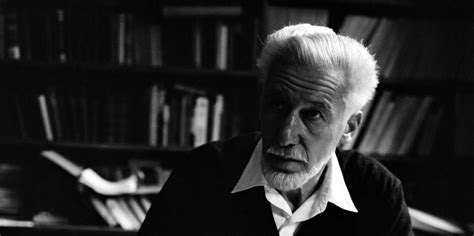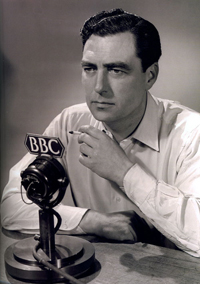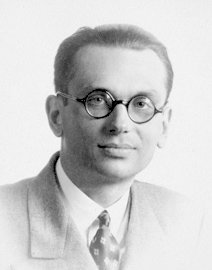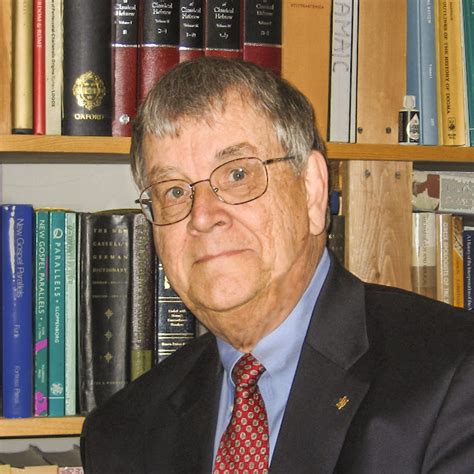A Quote by Arthur Koestler
We know that virtue does not matter to history, and that crimes remain unpunished; but that every error had its consequences and venges itself unto the seventh generation.
Quote Topics
Related Quotes
But yet, but yet, woe, woe unto those who think that the Beat Generation means crime, delinquency, immorality, amorality ... woe unto those who attack it on the grounds that they simply don't understand history and the yearning of human souls ... woe in fact unto those who make evil movies about the Beat Generation where innocent housewives are raped by beatniks! ... woe unto those who spit on the Beat Generation, the wind'll blow it back.
"The Universe repeats itself, with the possible exception of history." Of all earthly studies history is the only one that does not repeat itself. ... Astronomy repeats itself; botany repeats itself; trigonometry repeats itself; mechanics repeats itself; compound long division repeats itself. Every sum if worked out in the same way at any time will bring out the same answer. ... A great many moderns say that history is a science; if so it occupies a solitary and splendid elevation among the sciences; it is the only science the conclusions of which are always wrong.
...if the fear of falling into error is the source of a mistrust in Science, which in the absence of any such misgivings gets on with the work itself and actually does know, it is difficult to see why, conversely, a mistrust should not be placed in this mistrust, and why we should not be concerned that this fear of erring is itself the very error.
Consider: what could be more American than the principle that every person is to be held accountable for his or her crimes only? Could anything be more un-American than the Second Commandment's warning that "I Yahweh, thy God, am a jealous god, visiting the iniquity of the fathers upon the children unto the third and fourth generation."? Not even the Common Law would have hung a man because his grandfather had stolen a horse!
It must be understood that prime matter, and form as well, is neither generated nor corrupted, because every generation is from something to something. Now that from which generation proceeds is matter, and that to which it proceeds is form. So that, if matter or form were generated, there would be a matter for matter and a form for form, endlessly. Whence, there is generation only of the composite, properly speaking.





































